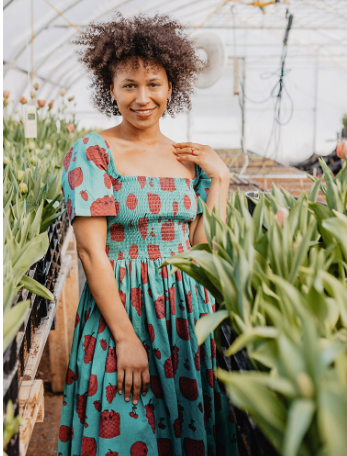Ingram Book Company
Worn: A People's History of Clothing
Worn: A People's History of Clothing
Couldn't load pickup availability
Share

OUR VALUES
SHOP OUR VALUES-

ETHICALLY MADE
Our stance on ethically made comes down to the simplest goal: empower people and stand for what’s right. Any products made outside the US are fair-trade certified and any products made in the global north are made by independent artists and small non profits.
-

SUSTAINABILITY
We pride ourselves on our commitment to sustainable business practices, whether that’s our Kraft recycled bags or the sustainable practices our vendors follow. We’re doing our best to be good for Mother Earth.
-

INCLUSIVITY
Inclusivity is at the core of what we do, whether it’s size, gender, sexual orientation, or race, we are welcoming with open arms. Our store is a safe space for all.
-

EMPOWERING WOMEN
Women are overlooked in countries in the global south, meaning they are the first to end up in poverty, unless they have a son to take care of them. But giving handouts isn’t what we do, we purchase our goods from women who’ve been empowered to make their own money!





